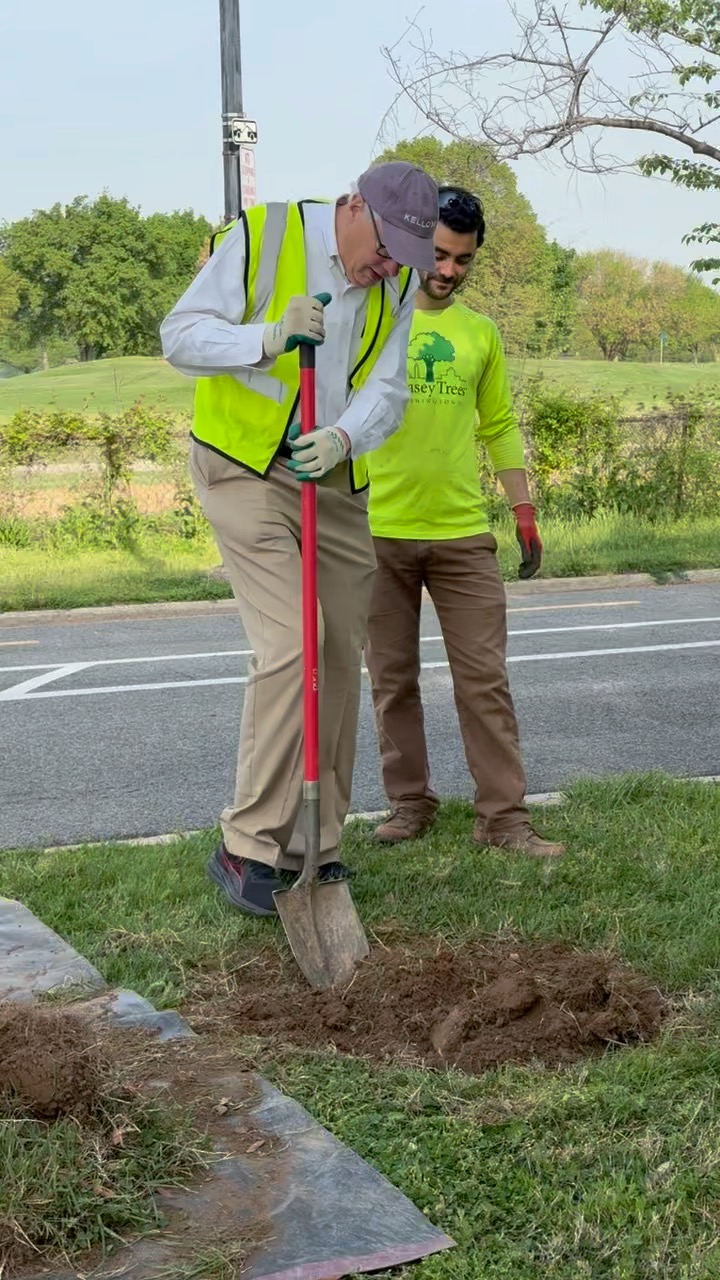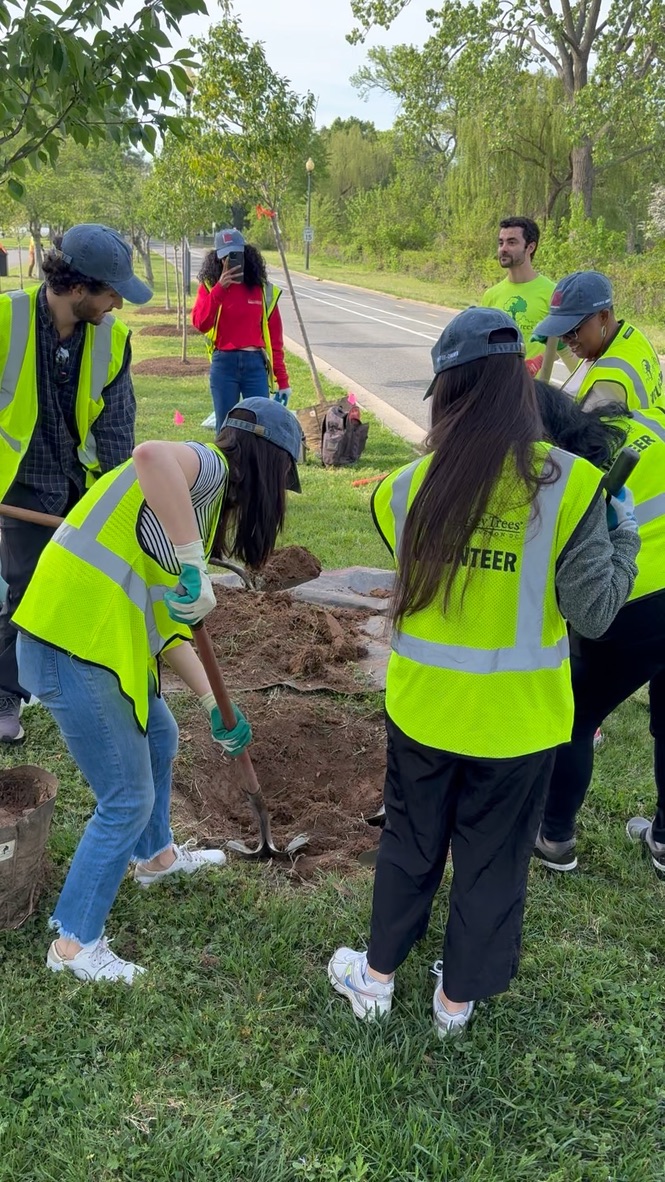Yesterday was the anniversary of Victory in Europe (VE Day) for the Allied forces.
It is important to remember that WW II was begun by two countries, the Soviet Union and Nazi Germany jointly invading Poland in September 1939. This was followed in November by the Soviet Union’s attack on Finland.
The two countries had signed a secret agreement in August 1939, the Molotov-Ribbentrop Pact. Officially it was a Treaty of Non-Aggression between Germany and the Union of Soviet Socialist Republics. Also known as the Hitler–Stalin Pact, a secret protocol established Soviet and German spheres of influence across Eastern Europe.
How America Spoke of Victory
Two leaders’ words capture this country’s spirit of grace, humility, sacrifice and gratitude in that immediate moment of May 8, 1945.
General Dwight Eisenhower issued a Victory Order to the troops that read in part:
The route you have traveled through hundreds of miles is marked by the graves of former comrades. From them has been exacted the ultimate sacrifice; blood of many nations – American, British, Canadian, French, Polish and others – has helped to gain the victory.
Each of the fallen died as a member of the team to which you belong, bound together by a common love of liberty and a refusal to submit to enslavement.
No monument of stone, no memorial of whatever magnitude could so well express our respect and veneration for their sacrifice as would perpetuation of the spirit of comradeship in which they died.
As we celebrate Victory in Europe let us remind ourselves that our common problems of the immediate and distant future can best be solved in the same conceptions of cooperation and devotion to the cause of human freedom as have made this Expeditionary Force such a mighty engine of righteous destruction.”
In this History Channel VE summary, the remarks at the end by FDR (at 6:50) are as meaningful now as they were then: The spirit of man has been awakened for a good (“love of liberty”) beyond his brief span.
May it ever be so.
)https://www.youtube.com/watch?v=hKIsvh59Bj4&t=329s)






